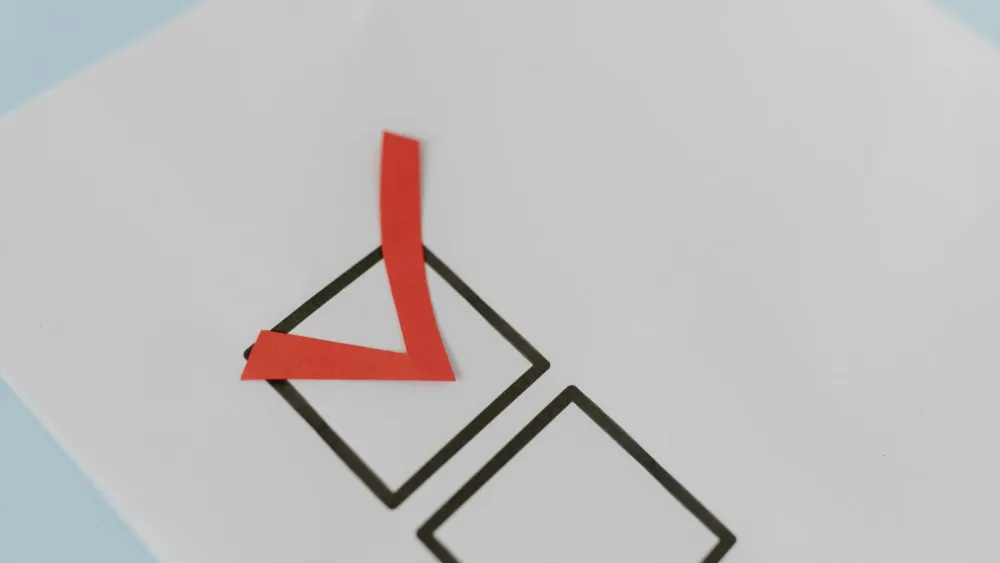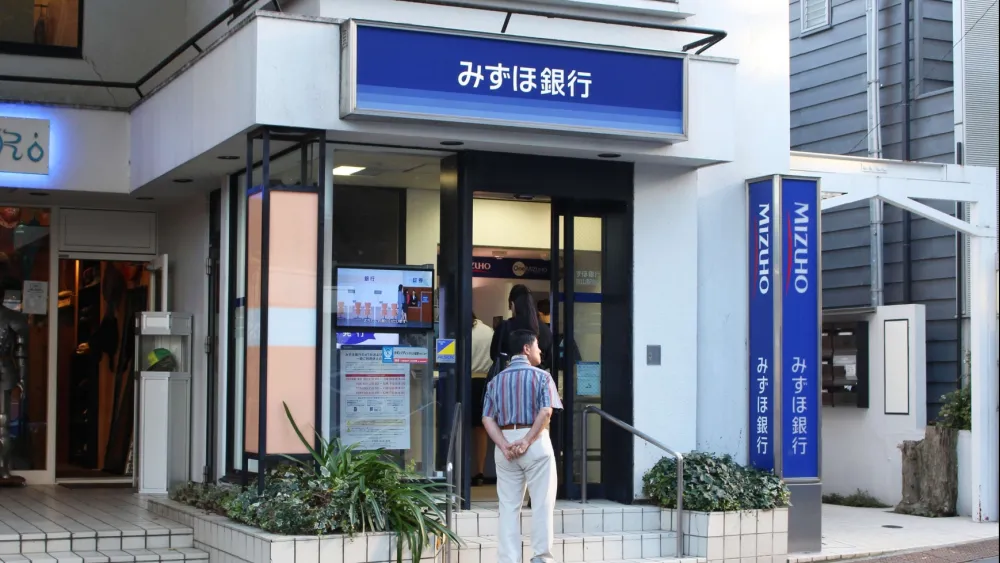
Vietnam’s LPBank to see asset quality pressures as it expands its retail loans
But stable capitalisation and improved profitability should provide a buffer, says Moody’s.
Fortune Vietnam Joint Stock Commercial Bank (LPBank)’s stable capitalisation and improved profitability should provide an adequate buffer against elevated asset risk, according to Moody’s Ratings.
“We expect asset quality pressures to remain high over the next 12-18 months as the bank plans to expand its retail loans, which will pose unseasoned risk,” the ratings agency said in a report on the bank, where it affirmed its B1 deposit ratings.
LP Bank’s asset quality deteriorated in 2024, with its nonperforming loans (NPLs) rising to 1.6% from just 1.3% in end-2023 on higher delinquencies of retail borrowers.
The Vietnam-based bank's loan loss reserves as a percentage of NPLs fell to 83% from 94% previously, although Moody’s believes that this still reflects modest buffers for future loan losses.
The reduced concentration to large borrowers will make the bank less vulnerable to spikes in NPLs, it added.
Capitalization reportedly remains modest, with its tangible common equity as a percentage of risk-weighted assets (TCE/RWA) declining to 8.6% from 8.9%.
Moody’s expects the bank's TCE/RWA to remain stable over the next 12-18 months with capital generation and retention matching capital consumption.
However, profitability is expected to decline moderately over the next 12-18 months due to higher credit costs.
Liquidity is reportedly modest. High-quality liquid assets such as cash, balances with central bank and government securities, accounted for 10% of LPBank’s total assets. This will provide a limited buffer in times of need, Moody’s said.
One issue that Moody’s has with LPBank’s is its higher reliance on market funds compared to other Viet banks. LPBank has increased its reliance on market funds in 2024, with market as a percentage of tangible banking assets rising to 34% as of year-end 2024 from 26% a year earlier.
“Despite the concentrated deposit base, the bank has access to more stable deposits from state-owned enterprises and retail deposits through its extensive network of post offices and postal transaction offices in Vietnam,” Moody’s said.



















 Advertise
Advertise












